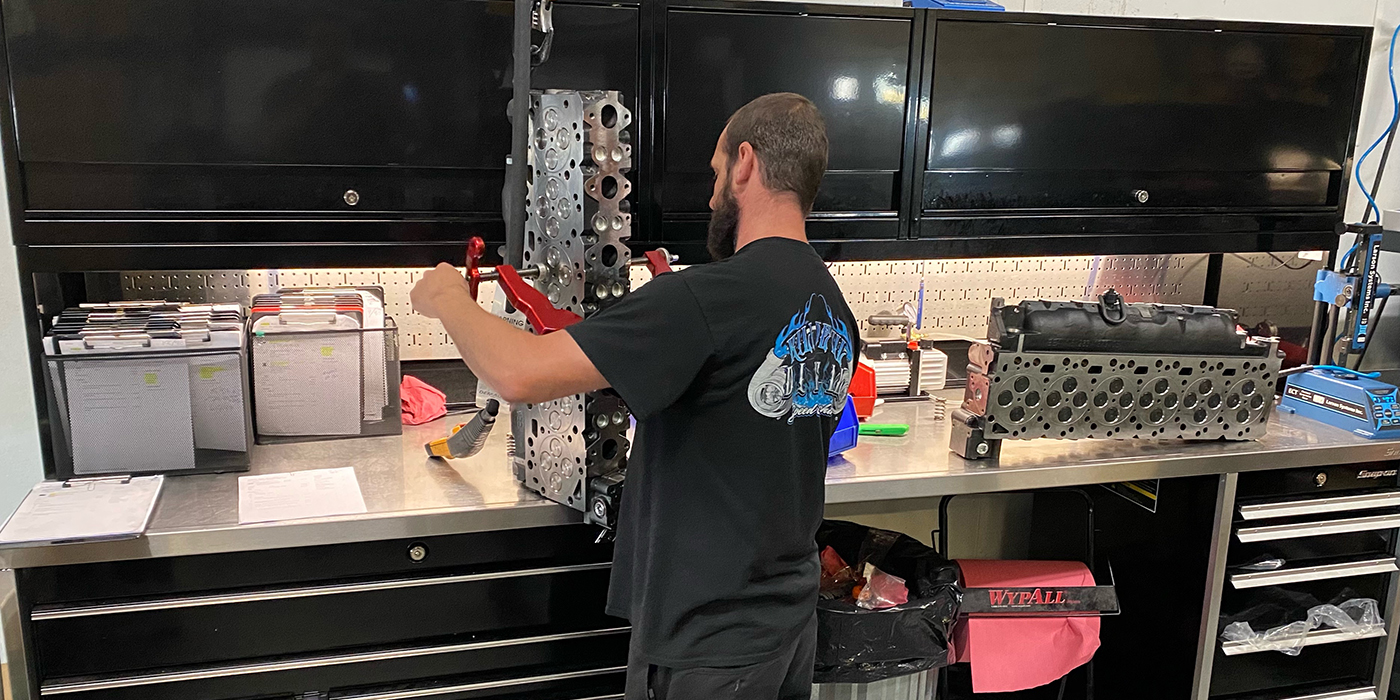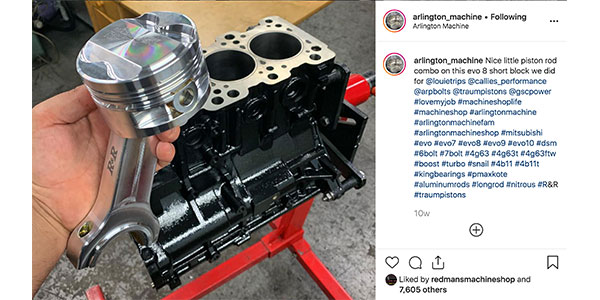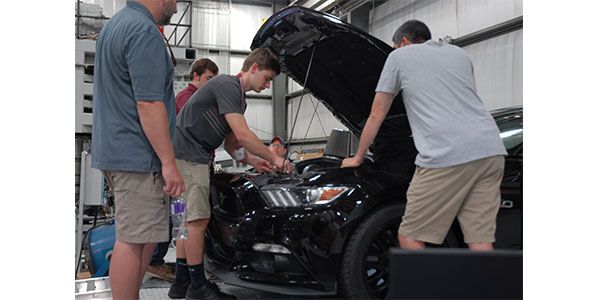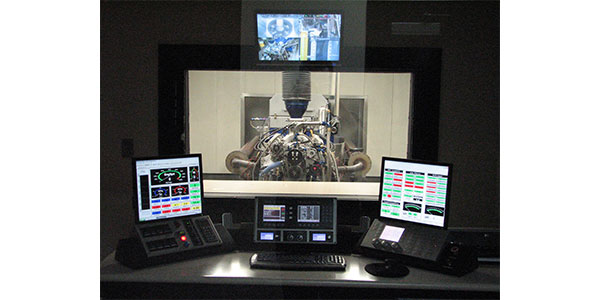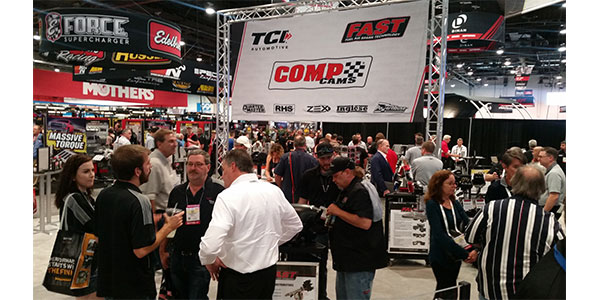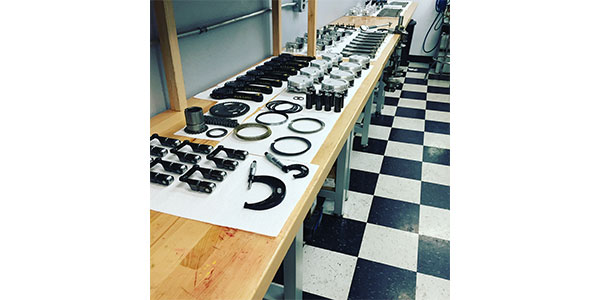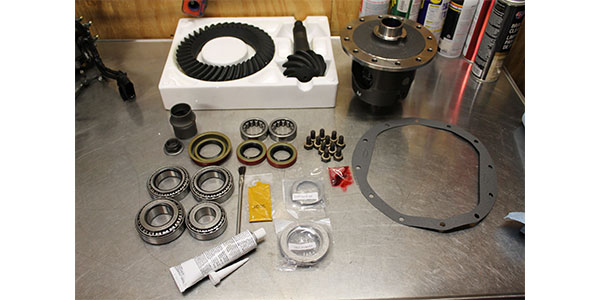It is to your benefit to review your income and expenses monthly and meet with your CPA or tax advisor quarterly to analyze how you can take full advantage of the provisions, credits and deductions that are legally available to you.
Running a hands-on engine shop can keep you pretty busy and at times, you may feel you don’t have the time to dedicate your efforts to “the business side” of your shop.
However, regular planning on tax issues can help you become a more profitable shop.
Talking Tax Plans
Tax planning is the process of looking at various tax options in order to determine when, whether, and how to conduct business and personal transactions to reduce or eliminate tax liability.
Many small business owners ignore tax planning. They don’t even think about their taxes until it’s time to meet with their accountants, but tax planning is an ongoing process and good tax advice is a valuable commodity. It is to your benefit to review your income and expenses monthly and meet with your CPA or tax advisor quarterly to analyze how you can take full advantage of the provisions, credits and deductions that are legally available to you.
Although tax avoidance planning is legal, tax evasion – the reduction of tax through deceit, subterfuge, or concealment – is not. Frequently what sets tax evasion apart from tax avoidance is the IRS’s finding that there was fraudulent intent on the part of the business owner. The following are four of the areas most commonly focused on by IRS examiners as pointing to possible fraud:
• Failure to report substantial amounts of income such as a shareholder’s failure to report dividends or a storeowner’s failure to report a portion of the daily business receipts.
• Claims for fictitious or improper deductions on a return such as a sales representative’s substantial overstatement of travel expenses or a taxpayer’s claim of a large deduction for charitable contributions when no verification exists.
• Accounting irregularities such as a business’s failure to keep adequate records or a discrepancy between amounts reported on a corporation’s return and amounts reported on its financial statements.
• Improper allocation of income to a related taxpayer who is in a lower tax bracket such as where a corporation makes distributions to the controlling shareholder’s children.
Tax Planning Strategies
Countless tax planning strategies are available to small business owners. Some are aimed at the owner’s individual tax situation, and some at the business itself, but regardless of how simple or how complex a tax strategy is, it will be based on structuring the strategy to accomplish one or more of these often overlapping goals:
• Reducing the amount of taxable income
• Lowering your tax rate
• Controlling the time when the tax must be paid
• Claiming any available tax credits
• Controlling the effects of the Alternative Minimum Tax
• Avoiding the most common tax planning mistakes
In order to plan effectively, you’ll need to estimate your personal and business income for the next few years. This is necessary because many tax planning strategies will save tax dollars at one income level, but will create a larger tax bill at other income levels. You will want to avoid having the “right” tax plan made “wrong” by erroneous income projections. Once you know what your approximate income will be, you can then take the next step: estimating your tax bracket.
The effort to come up with crystal-ball estimates may be difficult and by its very nature will be inexact. On the other hand, you should already be projecting your sales revenues, income, and cash flow for general business planning purposes. The better your estimates, the better the odds that your tax planning efforts will succeed.




